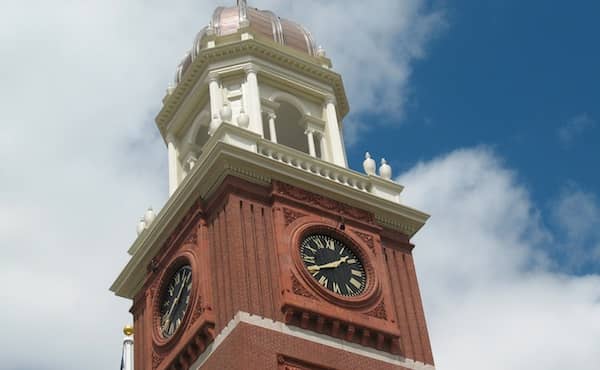

Warwick, RI — Who is responsible for Warwick’s budget?
It’s a question that could be asked from different angles — as in, who actually put the information to draft, or who has the task of overseeing how it’s managed?
 In this case, though, the question is aimed at figuring out who — between Mayor Scott Avedisian and the Warwick City Council — answers for the strange way the $289.2 million budget process played out this year. [Hint: It appears to be both.]
In this case, though, the question is aimed at figuring out who — between Mayor Scott Avedisian and the Warwick City Council — answers for the strange way the $289.2 million budget process played out this year. [Hint: It appears to be both.]
First, a timeline of the back-and-forth:
Avedisian formally submitted his budget to the city council near the end of May.
After hearings held over three days, the council approved six amendments to Avedisian’s budget which didn’t change the bottom line, but moved money around to satisfy councilors’ concerns about things like the paving budget and health care costs.
Avedisian then vetoed the budget, forcing the council to vote again on the amendments — this time, to override the mayor’s decisions.
On the second time around, though, five out of the six council amendments could not garner six votes — the exception being an additional $400,000 for the school department.
Avedisian then let the budget take effect without his signature.
A lot of action for little progress
After all that action, it seemed little progress had been made.
By passing the one override, city councilors [including those who had so loudly proclaimed their opposition to giving the school department more money] raised taxes to… give the school department more money.
Providing more city money essentially builds in a new minimum payment to the school department, which under the state’s maintenance of effort laws could tie the city to that new baseline — meaning Avedisian’s forecast of $4.4 million in annual consolidation savings may take a hit.
Five of the mayor’s six vetoes did survive the follow-up vote, though leaving the budget unsigned seems to be an odd way for Avedisian to acknowledge those victories.
The extra tax hike of 4 cents per $1,000 on homeowners is the biggest count against the new budget — especially given that it’s in addition to the 23-cent-per-$1,000 increase in Avedisian’s original proposal.
City councilors got a budget they approved but didn’t like, Avedisian got a budget he liked but didn’t approve, and taxpayers got the worst of both — a budget they won’t like [thanks to the tax hike] and didn’t approve.
Together, the city’s leadership caused an additional tax hike that could otherwise have been avoided, gave more funding to a school department decried as inefficient with its spending, and tried all they could to avoid having to answer for the budget.
In the end, the fiscal 2015 budget process was like a game of football where both teams spend 60 minutes punting to each other; at the end of the game, time runs out and there are no winners.
This is a test
